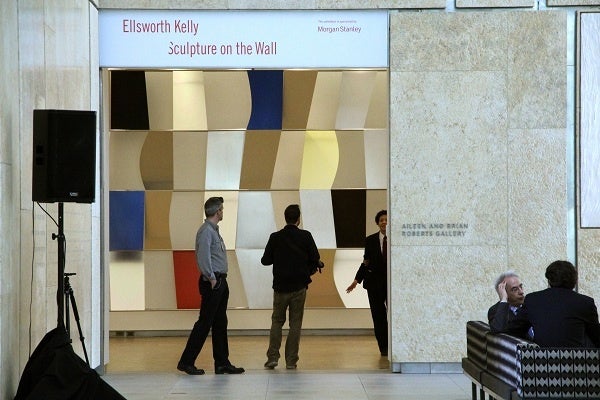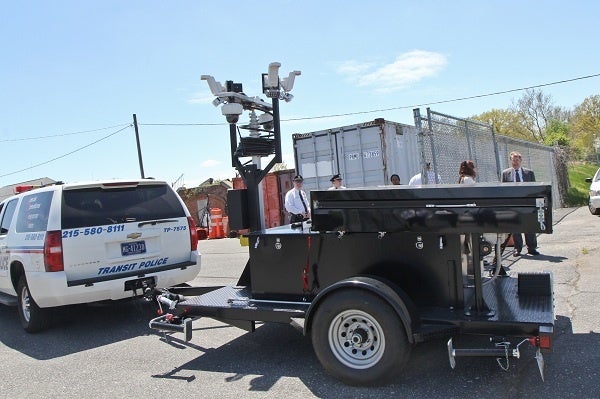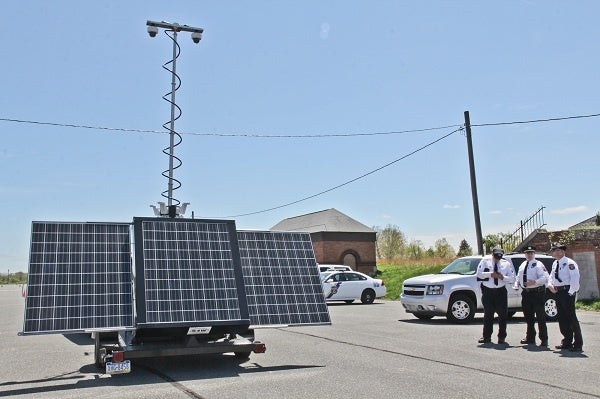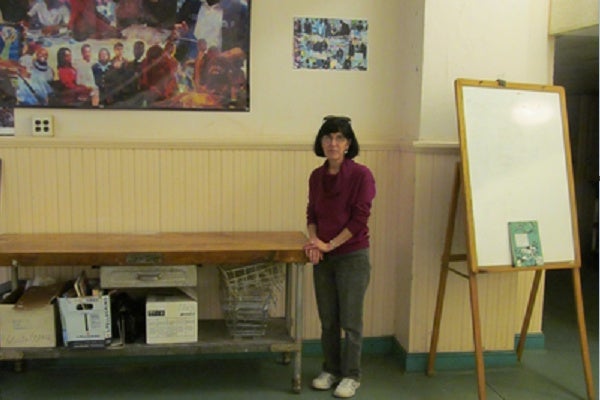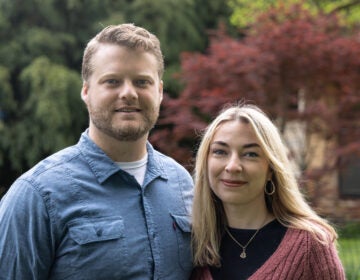At after-school program, GHS closure prompts fears of increased dropout rates
The looming closings of Germantown High and Fulton Elementary schools have disrupted the lives of children in multiple ways, but the repercussions are not limited to students alone. The news has also impacted the surrounding community itself.
Since 2011, Andrew Snover has led an after-school program at First United Methodist Church of Germantown, located across East High Street from Germantown High School. He said he sees problems ahead.
“There are kids that spend their whole life [in Germantown] and you get a community out of that,” Snover said.
“As soon as you start closing those schools and kids have to cross gang lines, neighborhood lines or whatever it is, then you’re taking away part of the reason that Germantown has whatever small amount of community feel that it has,” he continued.
After-school program impact
Last year, the 14-year-old program expanded beyond just high school-aged students. Organizers recently said they plan on continuing to do so in the coming months, provided funding continues.
“[Kids] need a place to be after school? It’s OK,” said Barbara Mitchell, a retired assistant principal who has worked for the school district for 35 years.
Mitchell, who volunteers at FUMCOG, has mixed feelings on how students will acclimate to new schools. She stressed the new responsibilities parents will have to assume.
“Students at this point feel deserted. They feel they’ve been let down,” Mitchell said, “The objective, of course, is to make them feel accepted in the new places that they go.
“We’re not sure how that will work out, but if we’re here to help through that next year, I think that will be extraordinarily important to the kids. What’s going to happen with parents? I hope parents don’t get dissuaded from going further distances or places that they don’t know very well.”
Community evolution
Snover grew up in Germantown. He said the school closures represent one of the biggest hurdles the neighborhood has faced.
“There’s no way to fix up a neighborhood and rehabilitate a neighborhood while simultaneously undercutting the biggest institutions that make it a neighborhood in the first place,” Snover said.
Students who attend the after-school program have openly shared their concerns with Snover.
“The biggest thing is the feeling of chaos and nobody is sure what’s going to happen and you feel that in behavior and attendance,” Snover said. “For a lot of the kids at Germantown, the school is the most consistent thing in their lives.”
Concerns about students dropping out
Volunteers maintained that the closings equate to the district neglecting local students and the community.
“I’ve always seen school as the thing that keeps the community going,” said Deborah Grill, retired teacher and FUMCOG volunteer. “I think there will be a big hole and it may be devastating.
“Kids have said to us, ‘I’m not going to another school; I’m afraid to go to another school.’ I know the kids are afraid to go to King [High School, where many GHS students will attend next school year]. They’ve voiced that already. I can see kids dropping out.”
Low attendance rates were already a problem for schools in Germantown, so the main concern is what will happen when a new obstacle is presented to students and parents, the introduction of a commute for many.
“The chaos and uncertainty, it affects everybody, us and the kids alike,” Snover said.
Parissa M. Zecher and Thomas E. Zamonski are students at Temple University. Philadelphia Neighborhoods, a NewsWorks content partner, is an initiative of the Temple Multimedia Urban Reporting Lab.
Coming up on NewsWorks: A story about how the closures could impact the local business community.
WHYY is your source for fact-based, in-depth journalism and information. As a nonprofit organization, we rely on financial support from readers like you. Please give today.




